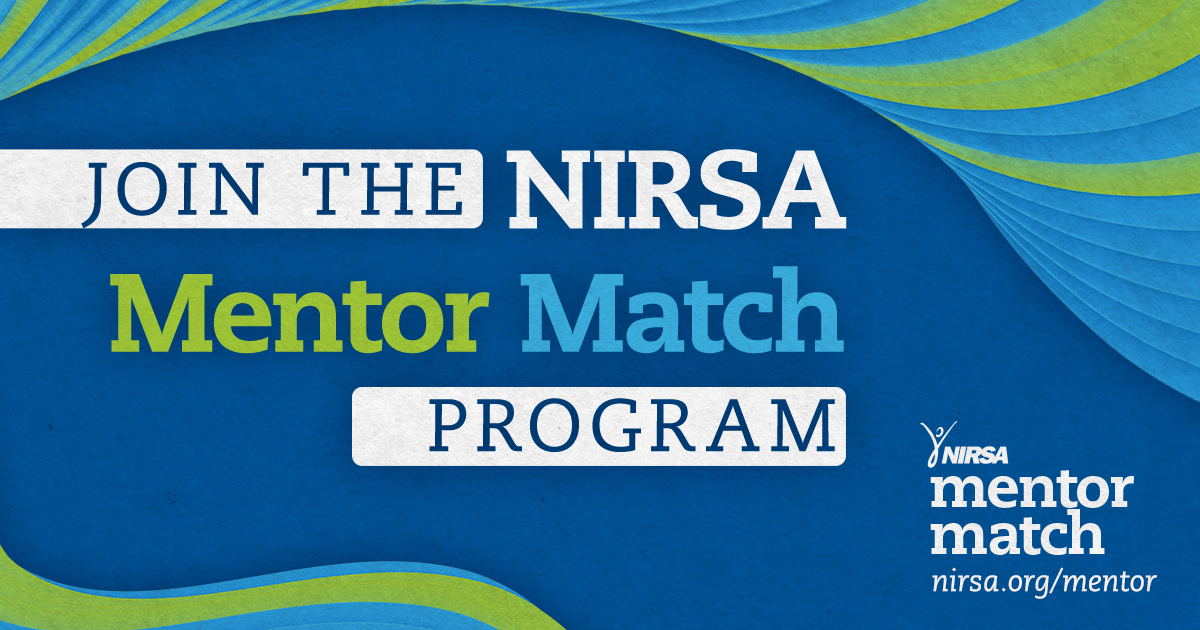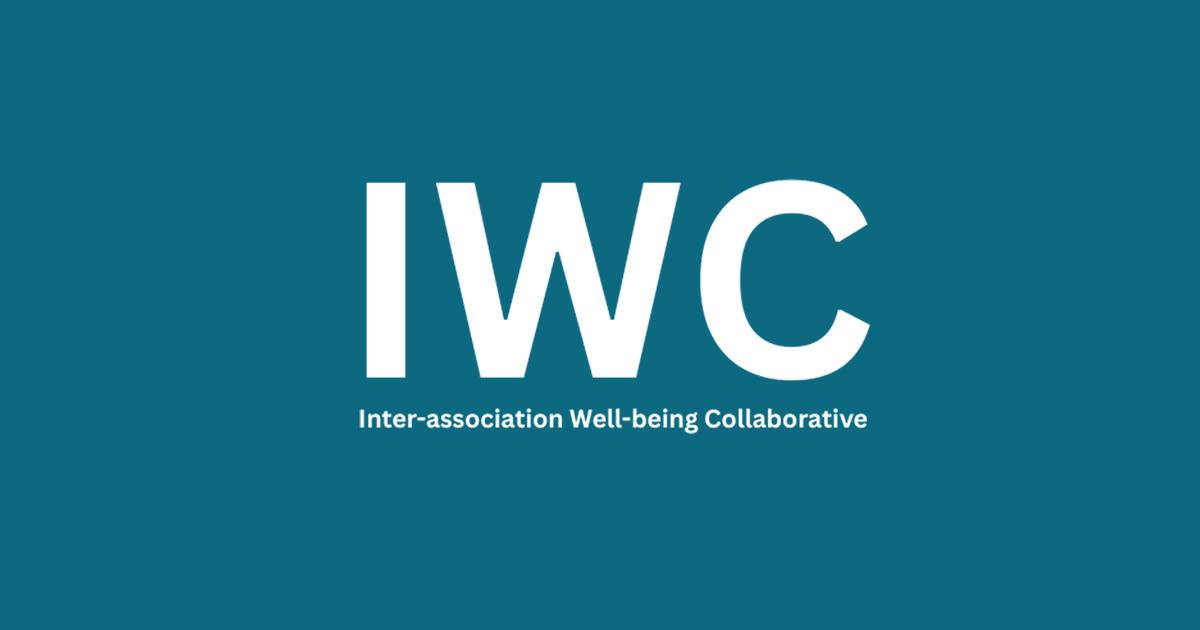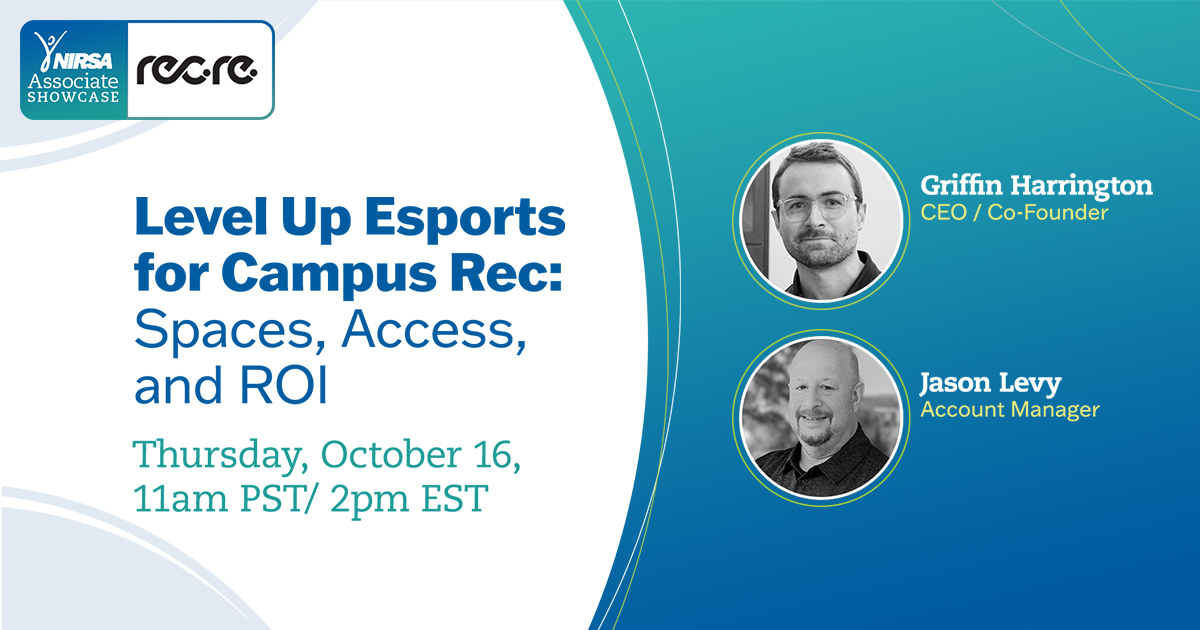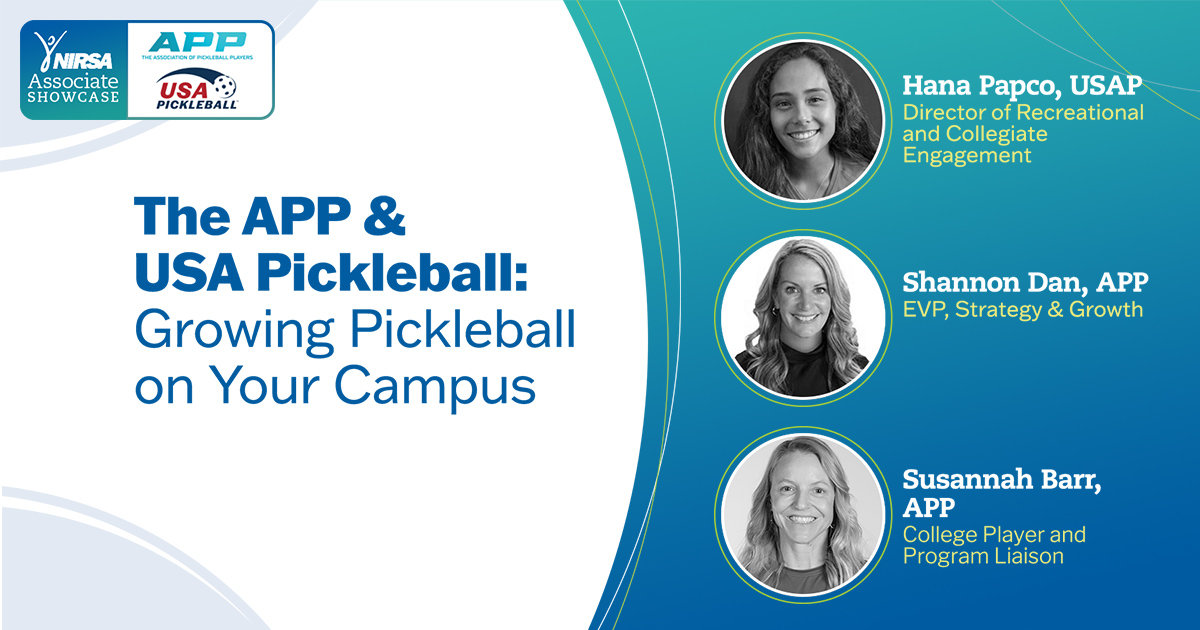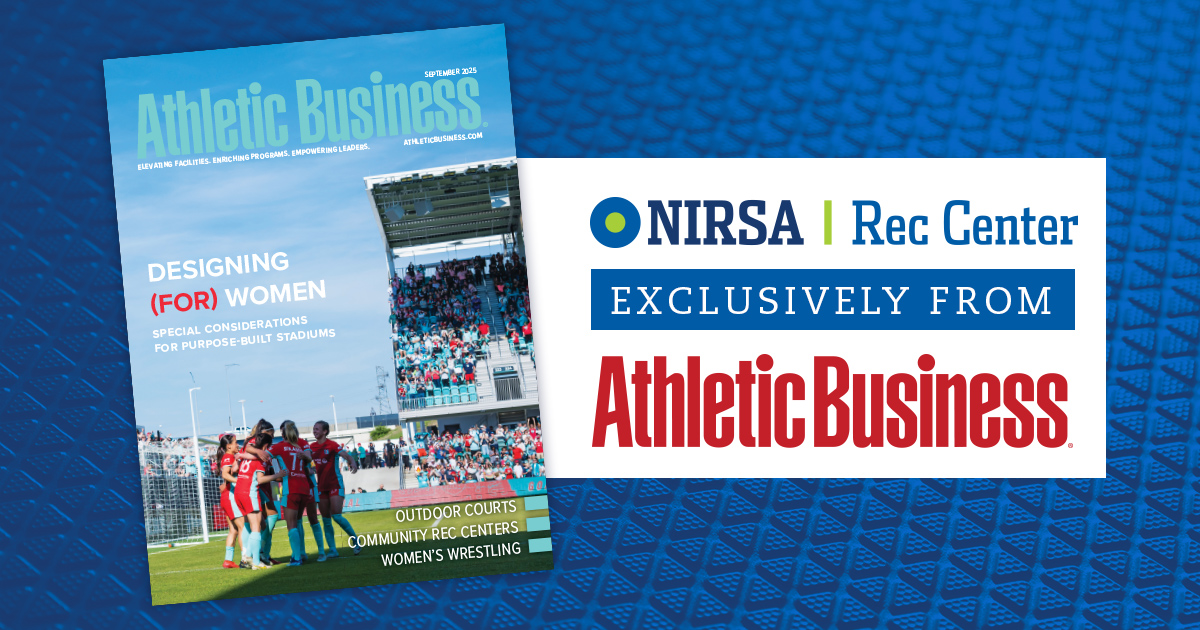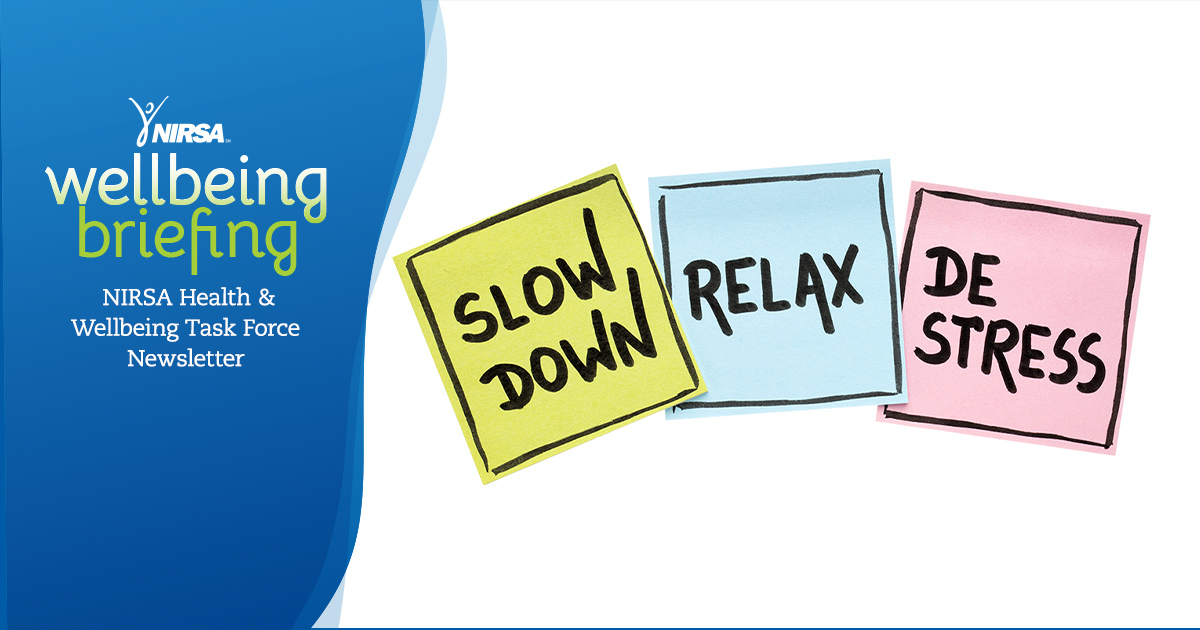Becoming the best version of yourself isn’t easy. But a mentor can provide guidance, direction, and influence to set you on the right path to career success. And NIRSA’s Mentor Match program can give emerging professionals in the field of collegiate recreation a helping hand when it comes to finding a mentor and facilitating that informal knowledge sharing and mental and emotional support.
Meet your match
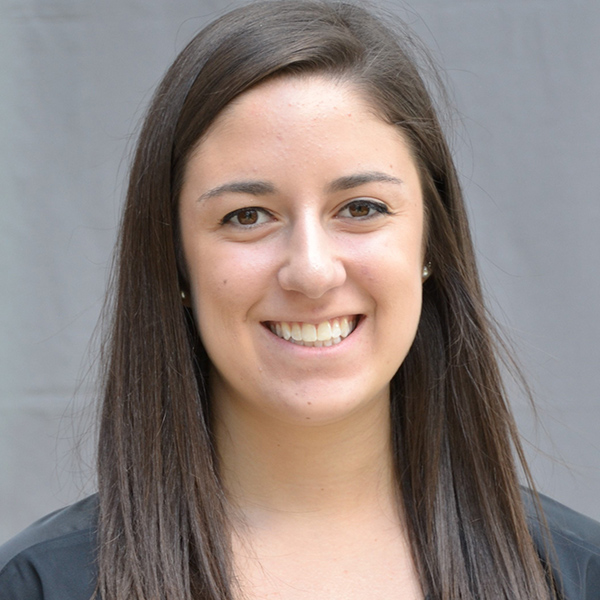
Just ask Liz Feldman, Assistant Director of Operations and Student Development at the University of Missouri-Kansas City (UMKC), and Jason Vlastaras, Associate Director-Student Success (Programs) at Iowa State University. Liz and Jason met through NIRSA’s mentor match program back in 2018 and continue to nurture and value their professional relationship to this day. “Jason was my first official NIRSA mentor, and he ended up hiring me into my first full-time role at Iowa State University,” says Liz. While she has since moved from Ames and Iowa State to a new role at UMKC, Jason recalls hiring Liz as the Student Development Coordinator at Iowa State University.
During her tenure, “Liz led a total overhaul of our student employee pay scale,” says Jason. “In her initial meetings with staff, I was impressed with her even, fact-based approach to justifying change and overcoming opposition. I’m not particularly strong in that approach, so it became a point of curiosity and eventually led to ongoing discussion. We’ve since read several books on giving feedback and have taken a deep dive on how to utilize different approaches. It was and still is an area we both challenge each other in how to improve.”
Making time for mentoring
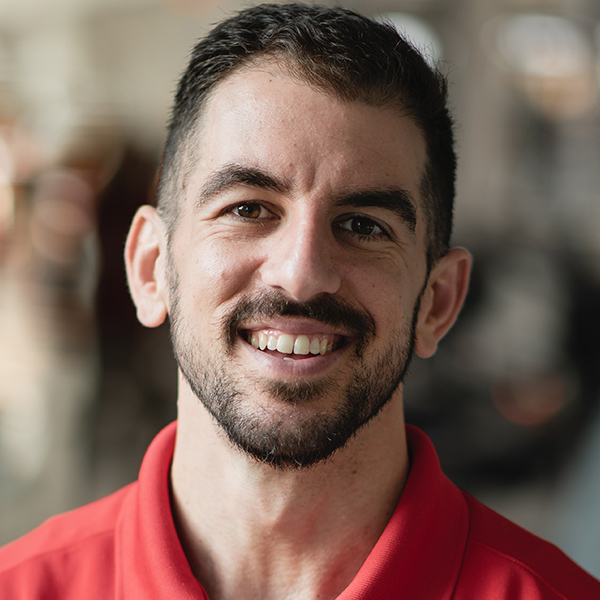
We asked Jason about some of his motivations for mentoring emerging professionals, and they are simultaneously selfless and selfish. Jason explains, “I feel the weight of continuing to develop younger professionals in our field. As the generation gap continues and leadership voids are formed by retirements and departures, we will need our young professionals to move our field forward.” But that isn’t the only reason he invests time in mentoring emerging professionals: “From a purely selfish perspective, I value and treasure the perspective and insights I receive from having a mentee,” says Jason.
“There exists the misconception that a mentor/mentee relationship is a top-down, one way street. In my experience, going in with an open, receptive mindset creates a mutually beneficial environment where each party benefits greatly,” he adds.
“Younger professionals should prioritize making time to be mentored, because they can learn more about themselves in their current role as well as about their professional aspirations,” says Liz. Building a network that supports your professional growth is critical to your success in higher education. “Whenever I need new ideas, a sounding board, or simply need to vent about bureaucracy, my colleagues in NIRSA are where I turn,” Liz attests. “I have found that professional relationships with more experienced professionals outside of my immediate campus bubble help challenge my perspectives and continue my growth in the higher education landscape,” she says.
Let NIRSA be your steppingstone
Ask just about any veteran NIRSA member how they got where they are, and they’ll tell you it all started with a mentor. Many students were at the point of deciding what to do with their lives when someone challenged them to try campus recreation as a career and talked them through the growing pains. As Jason describes it: “NIRSA has been the central figure in shaping and developing most of my professional network, resulting in a number of deep personal and professional relationships. Without this organization, I would not be in this field. Most of the connections I’ve made, and the friends I’ve met in this field can be traced back to a NIRSA conference, committee, event, or program.”
“When I was an undergraduate student considering the field of student affairs, my campus recreation supervisor encouraged me to check out NIRSA. From then on, the connections I made showed me that campus recreation is my desired department to work in within the field of student affairs,” echoes Liz.
“Mentorship provides perspective and affirmation for a young professional. Perspective from someone in similar but different environment, who can help you analyze and reflect. Affirmation in the context of having someone who has potentially been where you are, giving you confirmation and guidance. Those benefits exist alongside the added value of having someone not at your home institution helping you navigate things like job searches, interviews, and other professional tasks,” explains Jason.
Mentoring helps you gain fresh ideas, hone networking and leadership skills, learn more about the profession and professionalism, and they have even been known to play a part in facilitating career opportunities! So, whether you’ve been in the field of campus recreation for thirty years or thirty days, we invite all NIRSA members to join the Mentor Match program today.
Other opportunities to build your network
Jason continues to give back to the profession through various forms of volunteer service, including his recent appointment as NIRSA’s Alternate Director on the Council for Advancement of Standards in Higher Education (CAS). Liz is a member of the NIRSA Student Staff Development Task Force and is a NIRSA news contributor.
Learn more about other avenues to get involved with NIRSA for students and professionals.
- For more information about the NIRSA Mentor Match program, please contact NIRSA Member Services Manager, Megan Granholm.
- If you are interested in highlighting your campus or a NIRSA member’s achievements on your campus, pitch us your ideas.


